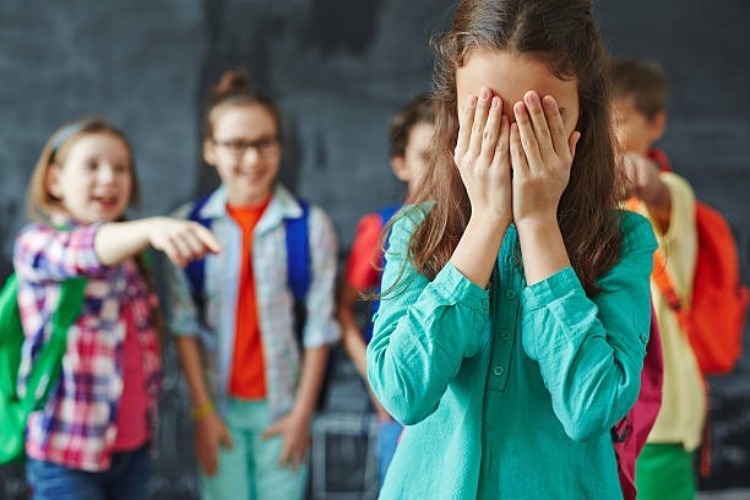Children frequently run into new difficulties when the new school year gets underway. Bullying is one major issue causing kids a sense of loneliness, discontentment, and occasionally fear. To learn more about the psychology of bullying and the detrimental negative effects it has on other kids, we spoke with Mervat Atalla, Ph.D. in mental health, family, and educational counselling. More importantly we spoke about the precautions to take and what can be done to prevent bullying.
Counselor Atalla began by defining bullying as, “repeated aggressive behavior by one child or a group towards another child. The act itself can be done through intimidation and mistreatment as well as physical, psychological, or emotional abuse.” She then went on to explain that bullying can take many forms, from spreading rumors to making direct physical threats and assaults.
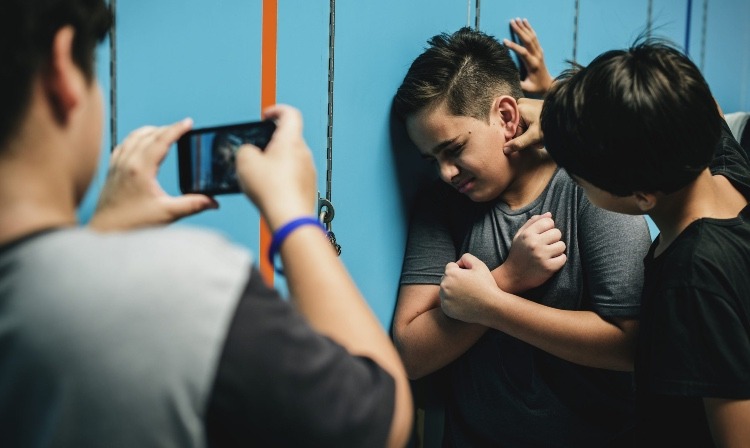
But what do you think drives children to bully others and why do they partake in this hideous act? Well, Counselor Atalla stated that, “lack of attention and support given by parents to their children can be one of the main reasons. Due to this lack of attention, the bully seeks to attract the attention of others. Usually, such cases stem from problems between the parents, especially In the cases of divorce. There are other extreme cases where one of the parents is abusing substances or both. But that’s not it as there is a huge chance that the bully himself/herself and can be subject to bullying from their parents.”
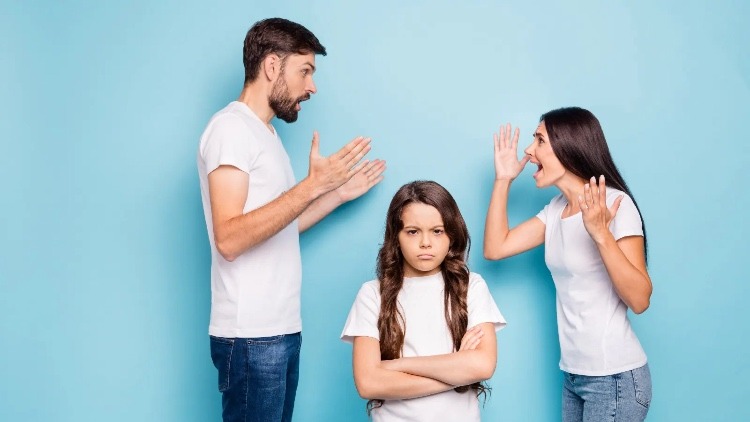
The effect of bullying can be lack of self-esteem as Counselor Atalla explained, this is because victims of bullying often suffer from low self-esteem as a result of the harassment and names the bully creates for their victims. The victim then tends to believe that these things are true, and he/she eventually has difficulty making friends and maintaining them. In most cases, victims tend to avoid social interactions, as they stop trusting people around them and avoid dealing with their peers.
The victim may experience despair, anxiety, and heightened depression, loneliness and isolating feelings among other mental health issues. Additionally, individuals may experience changes in their regular eating and sleeping patterns, a loss of interest in the hobbies and activities they once enjoyed, and an increased chance of contracting illnesses including stomach aches, headaches, and muscle soreness. Extreme situations may also result in higher suicide risks, and these issues may persist into the child’s adult years.
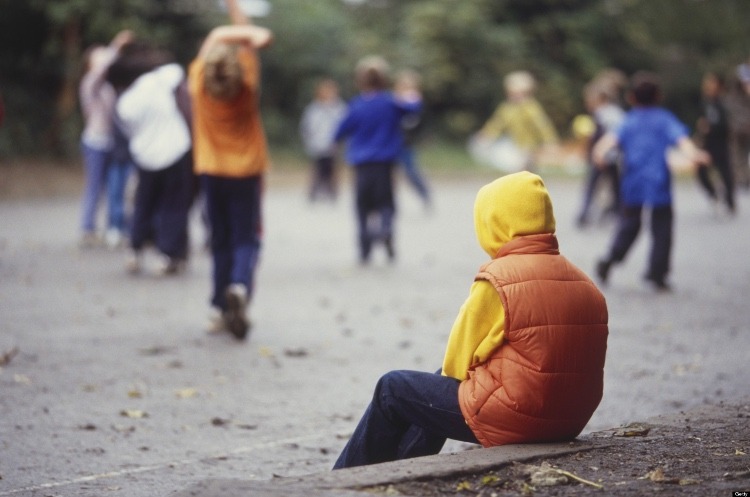
As a parent being aware that your child is being bullied is imperative especially if your child does not express his/her feelings very easily? Counsellor Atalla stated that the first step is to educate our children to better understand the concept of bullying as well as to provide them with a safe space that would allow them to share their feelings. This enables the child to feel safe by knowing that their voice will be heard if they were ever bullied.
But most significantly, Counselor Atalla stressed the need of paying attention to the warning signs that indicate whether your child is being bullied. Those signs include; fear of going to school or being around his/her peers, having little or close to no friends, weak academic performance, and physical marks like scratches and scars. Also, showing aggressive behavior and always looking to stay around adults are important signs that your kid might be bullied at school.
Parents are crucial in eliminating bullying in many ways, Counselor Atalla explained. Their response to bullying can empower their children to speak out and take appropriate action. She underlined that when parents listen to their children, they can transmit the idea that their peers’ negative behavior is not their fault. Then, as a parent, you would explain to your child that you take their feelings seriously and that you will communicate with the school’s teachers to ensure that they are never harassed again. The main takeaway here is that you should let your kids know that as their parent, you will always stand by them, as this will encourage them to be more open with you.
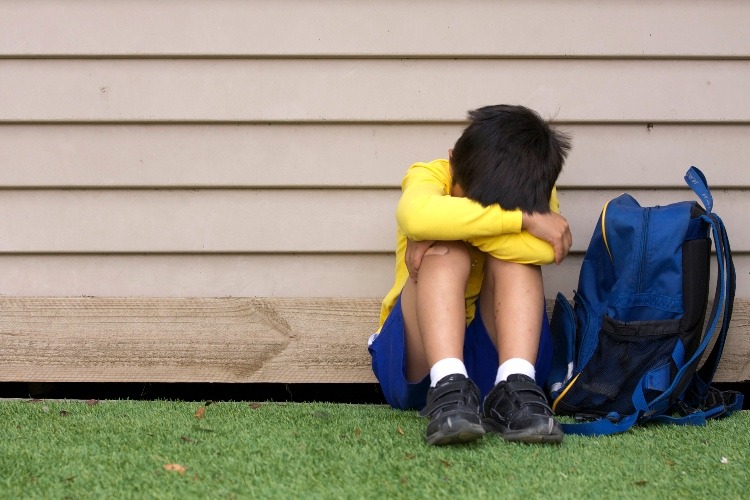
Schools are then obligated to take an action against bullies and raise awareness as much as possible about bullying. Counselor Atalla took the time to explain that schools are one of the very few institutions that can decrease bullying by creating more group activities supervised by teachers to allow for early healthy communication between the kids and implant comradeship between them. Most importantly, Counselor Atalla suggested that creating mental health programs and providing counselors to schools are so pivotal to eradicating this behavior and cutting it down from its roots.
What if it so happens that it is your kids doing the bulling? As mentioned previously most of the time the bullying is caused by the surrounding environment in that case parents ought to pause, take a step back and almost like retrace their steps to see what could be causing their child to act out. Another important factor is accountability, holding the bully accountable and facing consequences. Perhaps you might urge them to write down what they intend to do the next time they encounter a similar circumstance or experience a similar emotion and how they can redirect their negative feelings. Suppressing a child’s emotions does more harm than good in that case if the child is finding trouble expressing themselves, activities like drawing and sports will do wonders. This would allow them to start considering alternative approaches to this issue. It’s also crucial to seek counselling and therapy since kids who bully may not feel safe or at ease talking to their parents out of fear.
While this is a societal issue, Counselor Atalla expressed that having an open conversation and talking to professionals is important, but it s also the parent’s duty to understand and offer a safe space for their children. Once this is done, kids can feel more empowered to talk and standup against bullies.


